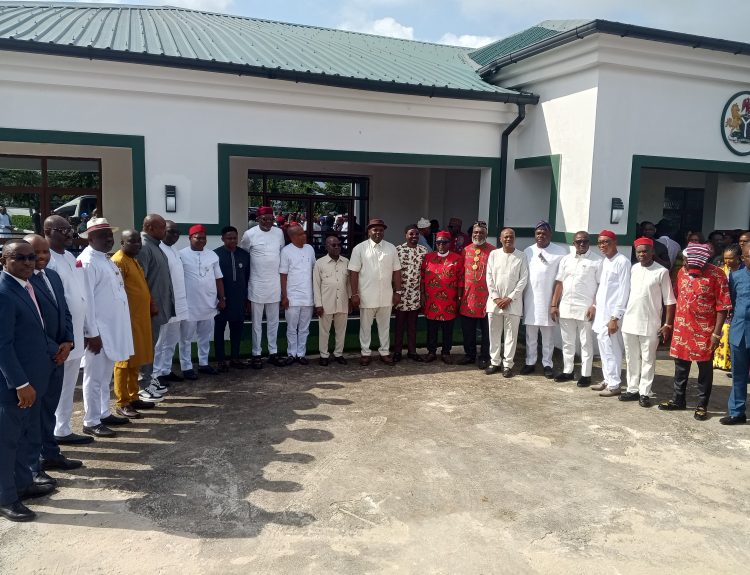As Abia State gears up for its forthcoming Local Government election, the call for peace resonates with renewed urgency.
Historically, Local Government elections in Nigeria have been marred by tensions, violence, and allegations of electoral malpractices, which threaten not only the credibility of the process but also the social fabric of communities.
In Abia, a peaceful election is crucial for promoting stability, good governance, and development at the grassroot.
Local Government Council as the closest form of governance to the people, play critical roles in delivering essential services, managing local resources, and addressing the socio-economic and political needs of the rural dwellers.
Therefore, the outcome of this election will directly impact the lives of the citizens. Any disruption to this process, through violence or electoral malpractice, can lead to a breakdown of trust between the people and the government, thereby impede progress on key issues such as infrastructure, education, healthcare, and economic development.
To achieve a peaceful election, all stakeholders must actively engage in fostering a culture of non-violence and accountability.
Political parties and their candidates should bear the responsibility of conducting campaigns with decorum, avoiding inflammatory rhetoric, and ensuring that their supporters do not resort to intimidation or violence.

The State Electoral Commission, ABSIEC must also ensure transparency in the voting process, providing confidence that votes are counted fairly, and that the choice of the people is respected.
Also, the Security agencies must be impartial and professional in their duties. Their presence at polling units and throughout the election period should be to protect voters, candidates, and officials from harm, rather than serving the interests of any political party.
It is equally vital that security forces refrain from using excessive force or actions that may escalate tensions.
In the same vein, the civil society groups and the media also have significant roles to play. Civil Society can serve as watchdogs, monitoring the election process for fairness and advocating for peace through civic education and community engagement.
The media should focus on balanced reporting and promote messages that encourage peaceful participation and conflict resolution.
The electorate, on its part, should prioritize their civic responsibility by voting peacefully and rejecting any attempts, by individuals or groups to incite violence or manipulate the process.
Ultimately, a peaceful election is not just a mandate for the authorities but a shared responsibility that involves all citizens.
In fact, the future of Abia State rests not just on the outcome of this election but on how it is being conducted. A peaceful and transparent election will set a positive precedence for governance and provide a foundation for sustainable development.
Peace is the cornerstone of democracy, and in Abia State, it is essential to ensure that local government election reflects the true aspirations of the people, free from violence and fear.
Let everyone uphold the peace in Abia State in order to make Abia truly the number one State free of violence and sentiments.





